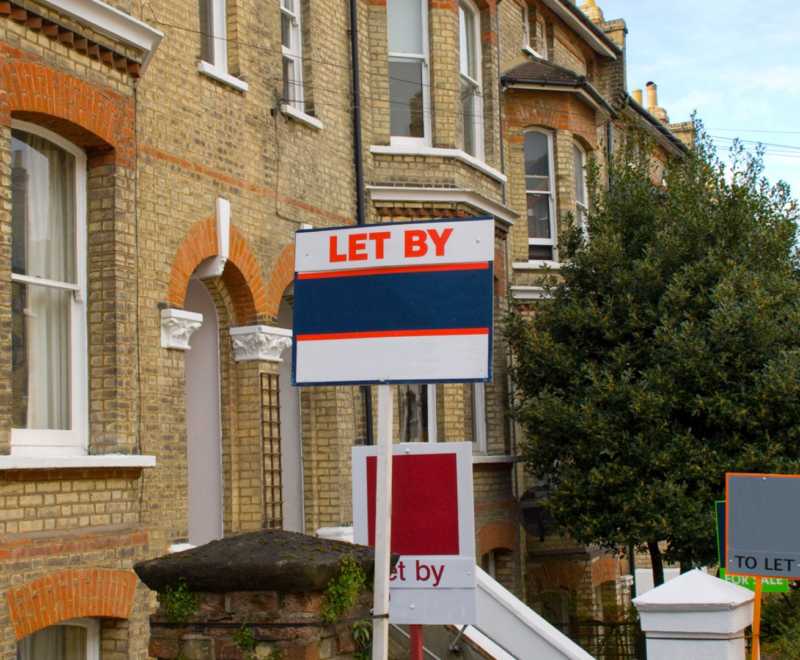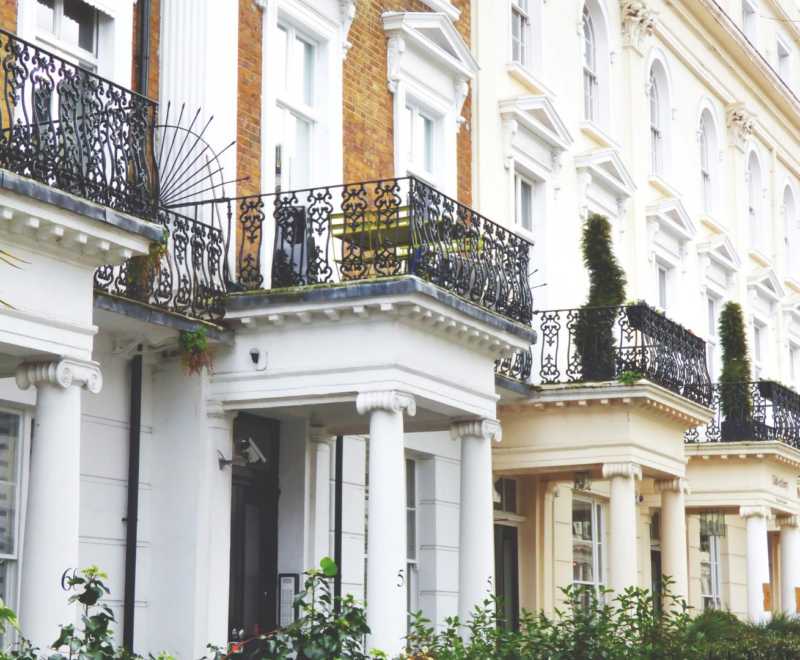Property auctions may seem like platforms for frantic bidding, but if you know what you are looking for, you could find an absolute bargain. As a seller, if your property is well-marketed in advance of the auction, you could receive far more than your guide price, let alone your reserve price.
The key to auction success on both sides of the gavel is preparation. Here we will outline how auctions work from both a buyer and seller’s perspective so that you can use them to add value to your property portfolios.

Buying: decide which properties you want to bid for in advance
You may have watched films where wealthy characters saunter into auction houses, bid for whatever they like, and go home with the items. We can confirm that this fictionalisation of bidding is possibly the worst way you could ever approach a property auction or any auction for that matter. You need to know exactly what you’re buying, when you bid on anything, particularly when you’re bidding for a property.
Make sure that you read the auction catalogue which features all of the properties that will be put under the gavel in that session and is published at least two weeks in advance of the auction both online and in print. This allows prospective bidders to browse the properties on offer and reflect on which ones they would like to bid for before the auction. The catalogue then allows them to pick the properties they would like to view well advance of the auction.
View the properties you like before you bid
Viewings are just as important when you’re buying at auction as they are when you’re buying from an estate agent. Before you buy a home, either for yourself or as an investment, you need to know that it is perfect for you and fulfils all of your requirements. The only way to do this is to arrange a viewing. A great aspect of auctions is that you don’t need to book viewings ahead.
All you have to do is to visit the property during the allotted viewing times and decide if having seen the building, you would like to bid for it at the auction. Viewings also help you to decide how much you’re willing to spend at auction. In the heat of the environment, it can be easy to get carried away with the bidding process and overpay.
While you want to buy the perfect property, you also want to ensure that you receive value on your purchase. Viewing the property will help you to bid with utter composure, as you will have seen exactly what you’re bidding for.
Ensure that all of your paperwork is in order
All legal documentation for properties under auction can and should be obtained from auction houses well before bidding commences. You should seek advice from your solicitor before bidding for any property at auction. You should also check any notes or addendums under the advice of your solicitor, to check that you are completely happy with all of the conditions under which you will purchase the property if your bid is accepted. If you decide to bid, it is your responsibility to bring all appropriate, signed documentation to the auction.
Have Your Deposit Ready
When the gavel falls a binding legal contract is created. The contract requires you to pay a deposit of 10% of the property’s total selling price immediately as well as a buyers’ fee. At this point, it is impossible to make any changes to the contract or negotiate a different price with the seller. It is vital that you ensure that you have sufficient cash resources to make the payment immediately.
Selling: A point about price
The most important aspect of selling at auction is setting a reserve price. Your reserve price is the lowest price at which the property can be sold and remains confidential. Only you and your auctioneer will ever know what the reserve price is. The price advertised to the public is the guide price, which can be 10% higher or lower than your reserve price. Your auctioneer will always seek to sell well in excess of your reserve price, so don’t be worried if your guide price looks a little low.
Compiling Documentation
Sellers are required to commission their solicitor to prepare all the required documentation for the property.
Marketing makes all the difference
Some auctioneers might only publicise your property discreetly in their auction catalogues. Others will email and post the catalogue to buyers who they know will be interested in purchasing from you, and will advertise your property widely on social media, in local and national press and in select specialist publications. When choosing an auctioneer, you should choose the latter. You want your property to become a brand, that buyers across the country want to bid for. The better your marketing before the auction, the higher your selling price will be. It’s that simple.
The Auction Itself
A huge advantage of selling via auction is that once a bid has been accepted, the buyer has no right to make changes to the agreement which would delay final completion and draw-out (or reduce) payment of your final selling price in full. Completion (and full payment) usually come 20 working days after the auction. As the seller, you will receive 10% of your final selling price as a deposit immediately after the auction, at which point contracts will be exchanged with the buyer on your behalf. You also have an exclusive right to delay completion if you would like to. All you need to do is ask your solicitor to write any new date into the contract.
By preparing well in advance, both buyers and sellers can find that they can achieve more of their objectives by exchanging contracts at auction, than if they had sold through private treaty. Whether a high-selling price is sought, or the acquisition of a property which can be developed into apartments, other residential accommodation, or even a hospitality venue is desired, auctions can add huge value to the portfolios of both buyers and sellers.

Property Auctions: Related questions
Can you get a mortgage to buy at auction?
This is one of the most frequently asked questions and is the element which often leads to the most confusion from buyers. Yes, you can get a mortgage on some property auction, but not all of them are suitable.
Where to find auction properties?
You can find home auctions through local governments, local estate agents, and online sites like Rightmove, Zoopla, PrimeLocation, etc..
Can first time buyers buy at auction?
Yes, you can. Remember if you do need a mortgage then the property needs to be mortgageable.
Can I make an offer on a property before the auction?
Most auction teams will welcome pre-auction offers, and if you are really interested in purchasing the property, then a prior offer is a good idea. Not all properties can be purchased before the auction as some sellers require them to be sold publicly in the auction room.
Can I buy an unsold property after auction?
Yes, you can buy an unsold property after the auction but you might need to act quickly. Interested buyers in the auction will be invited to make post auction offers after the sale has finished.
Love Your Postcode Estate Agents can help you during the property selling process. Call us on 0800 862 0870 or book a free valuation today.
By









